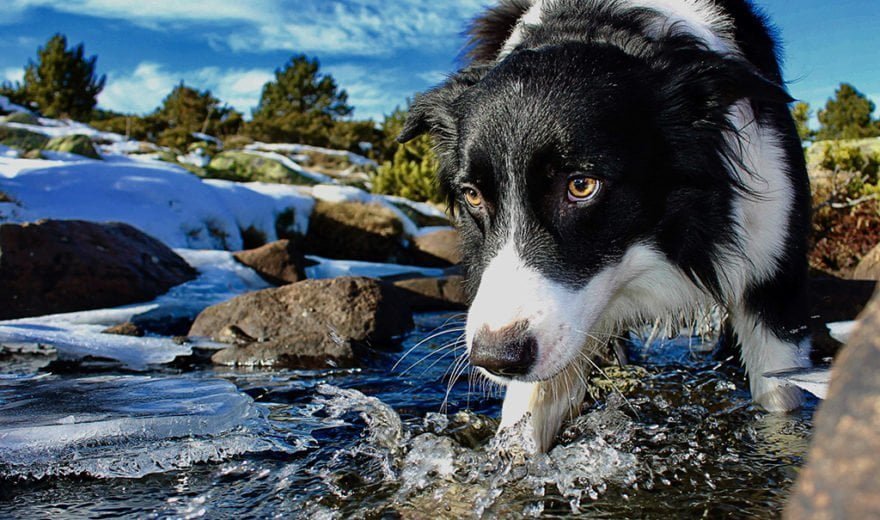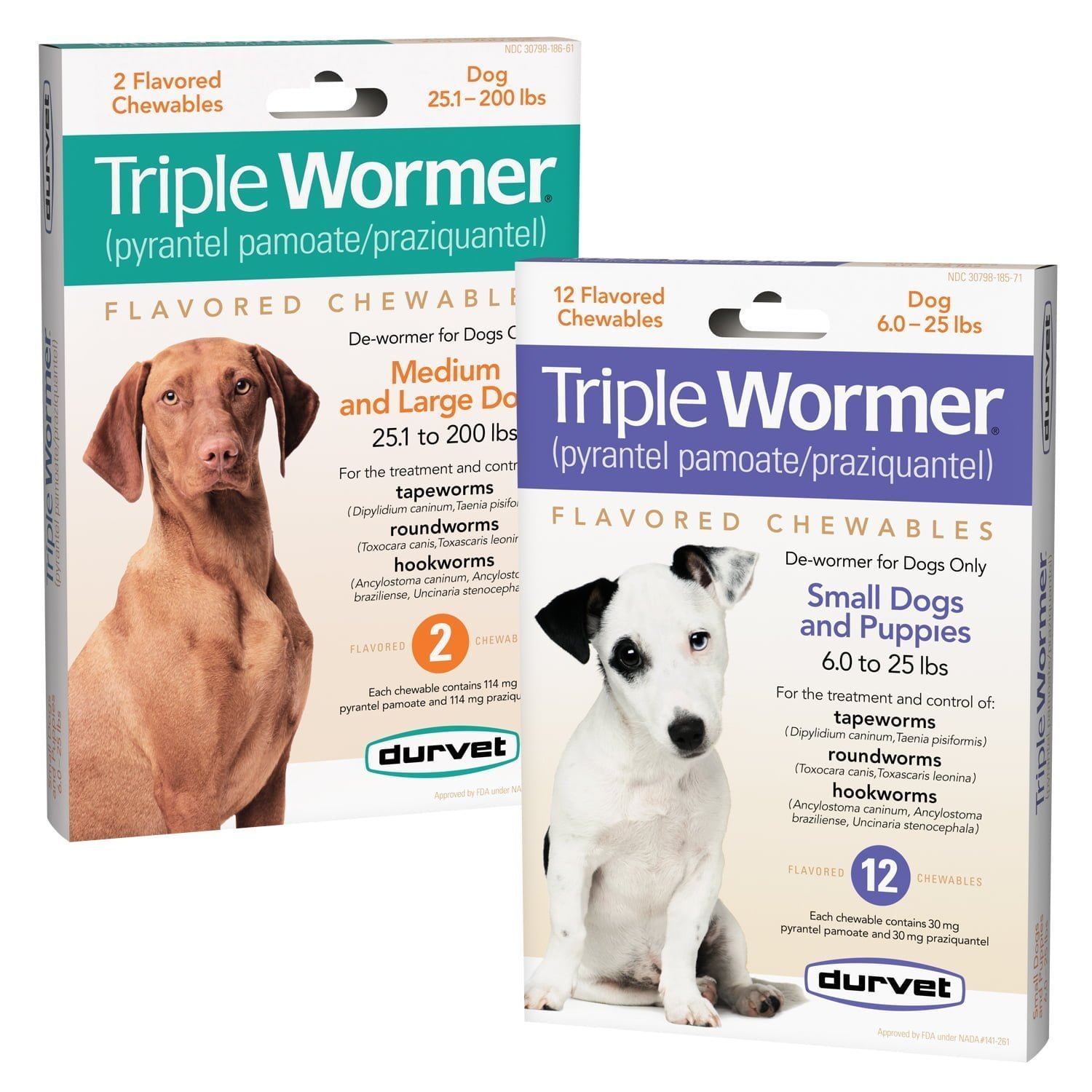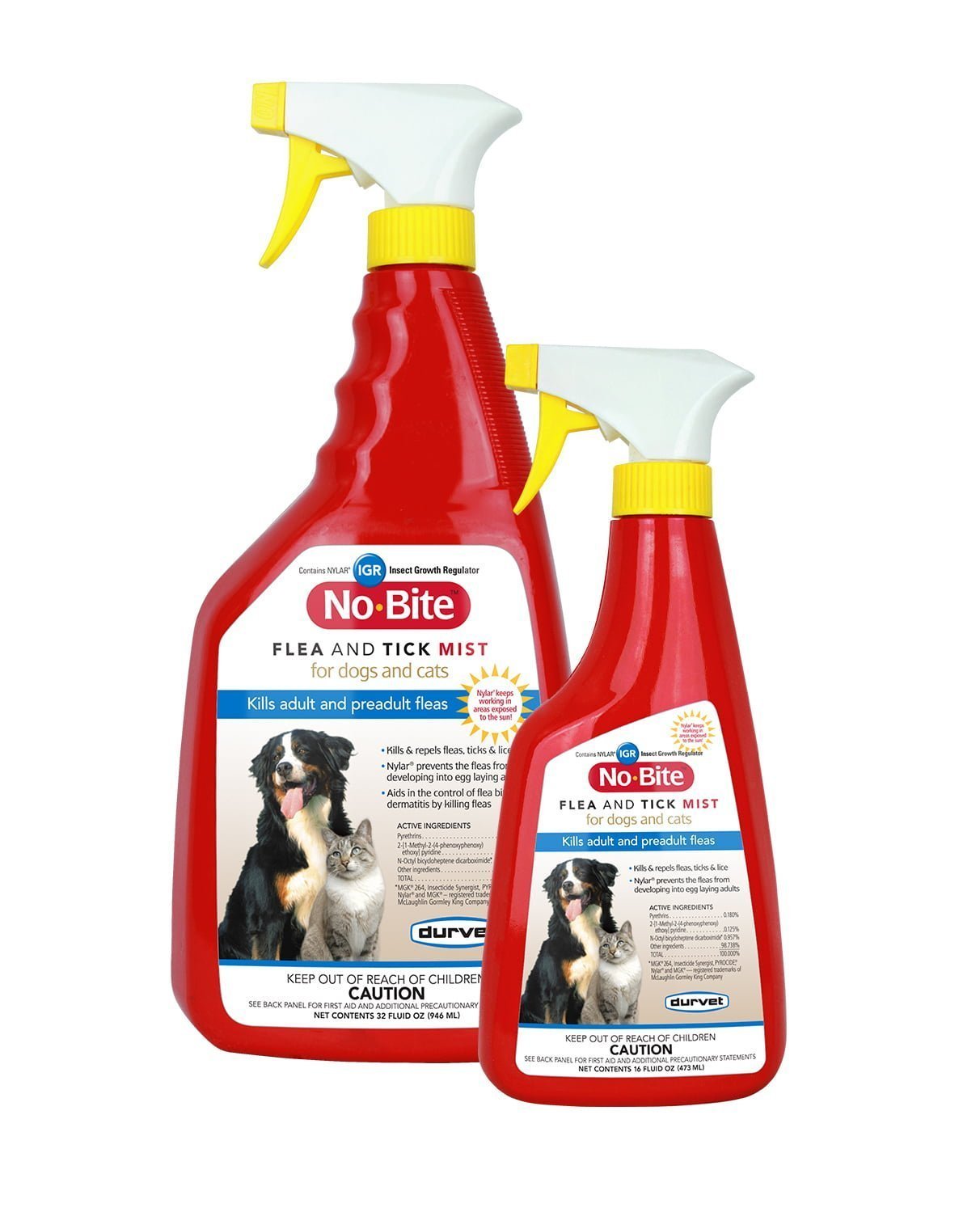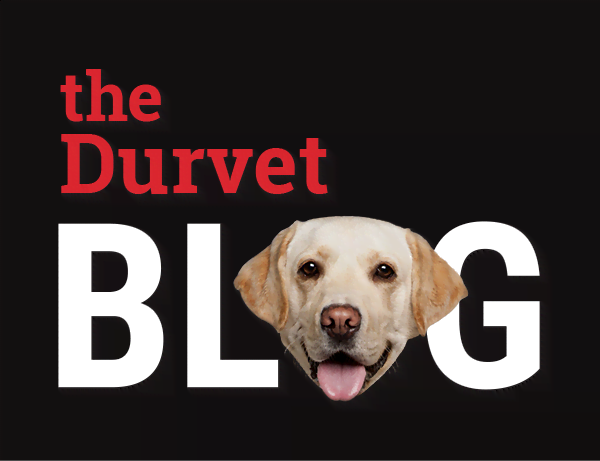
One of the most overlooked and most preventable diseases in dogs is infection with Leptospirosis. Leptospirosis (Lepto) is widespread in the environment and all dogs are at risk for this disease. Even indoor dogs who have little outside exposure will end up going outside eventually.
Leptospirosis is typically a waterborne disease. Dogs are susceptible to infection by drinking contaminated water puddles on a walking trail, in your backyard, in city parks, or places such as water hazards at the golf course. Water can carry Lepto when infected carriers such as raccoons, opossums, squirrels, livestock and rodents urinate in open or standing water.
This disease can be fatal and is zoonotic, which means it can be transmitted from animals to people. In dogs, signs include fever, vomiting, and diarrhea. Liver disease and acute kidney failure are possible. There are three ways to minimize the risk:
- Be aware lepto is a waterborne disease and dogs drinking non-potable water are at risk.
- Vaccinate dogs annually with a lepto vaccine that includes protection against Lepto grippotyphosa, Lepto Pomona, Lepto canicola, and Lepto icterohaemorrhagia.
- Follow a vaccination schedule based on the age of your dog.
Reasons to Vaccinate:
- Lepto is easy to control.
- Lepto can be fatal.
- Lepto can cause renal failure.
- Dogs are at risk is they are exposed to the outdoors.
- Lepto is nationwide.
- Lepto can be a risk in any season.
- Dogs of any age can get lepto.
- Dogs of any breed can get lepto.
- Veterinarians recommend vaccinating dogs against the 4 most common types of lepto listed above.
- Vaccines which include Lepto protection are safe and widely available.
Durvet's Spectra 9 and Spectra 10 both contain the four most common lepto strains. Below you can compare all vaccines offered and choose which would best fit you and your pet.  Have questions? Contact the vaccination helpline at 1-800-821-5570 or info@VaccinateYourPets.com.
Have questions? Contact the vaccination helpline at 1-800-821-5570 or info@VaccinateYourPets.com.
Please Note: This information is for educational purposes only and not intended to treat, diagnose or prevent any disease. In all cases, it is each owner’s responsibility to obtain veterinary services and advice before using any of the information provided. Durvet encourages owners to make their own animal health care decisions in partnership with their veterinarian.

 BACK TO MAIN BLOG
BACK TO MAIN BLOG 


Comment